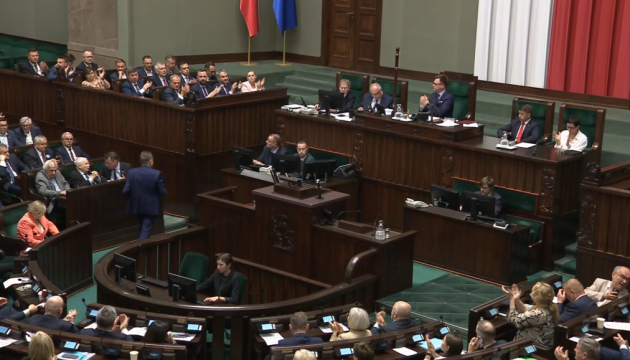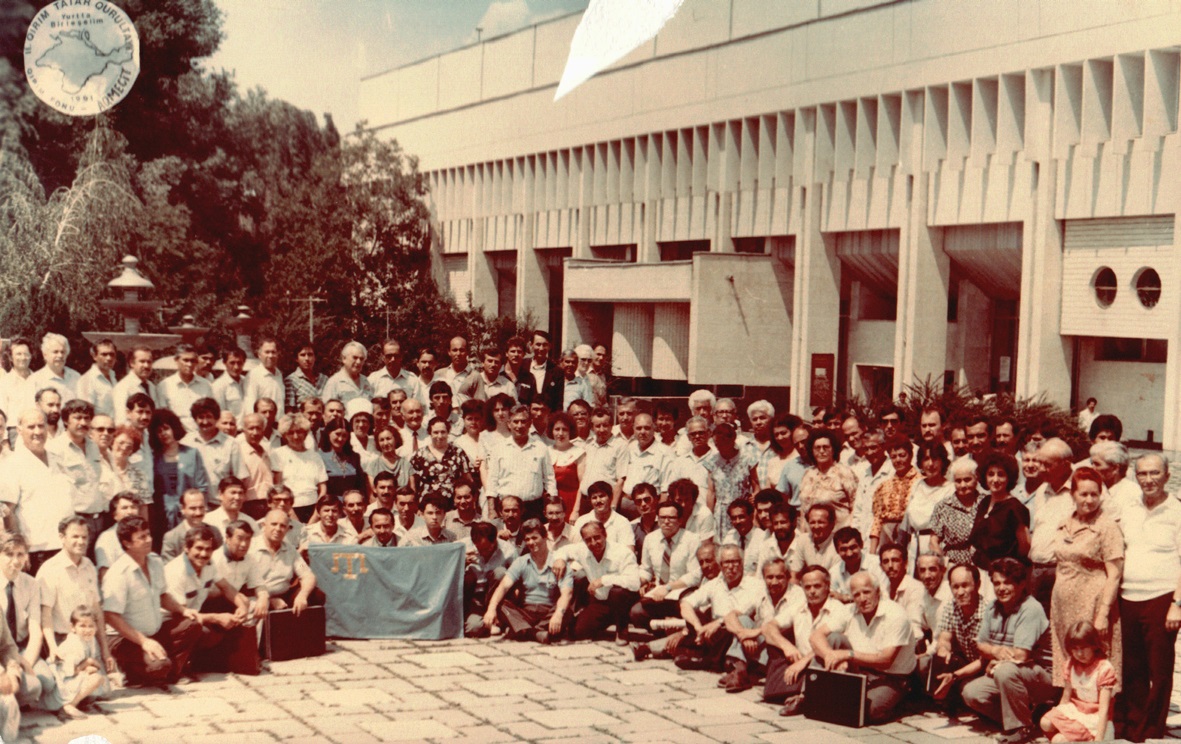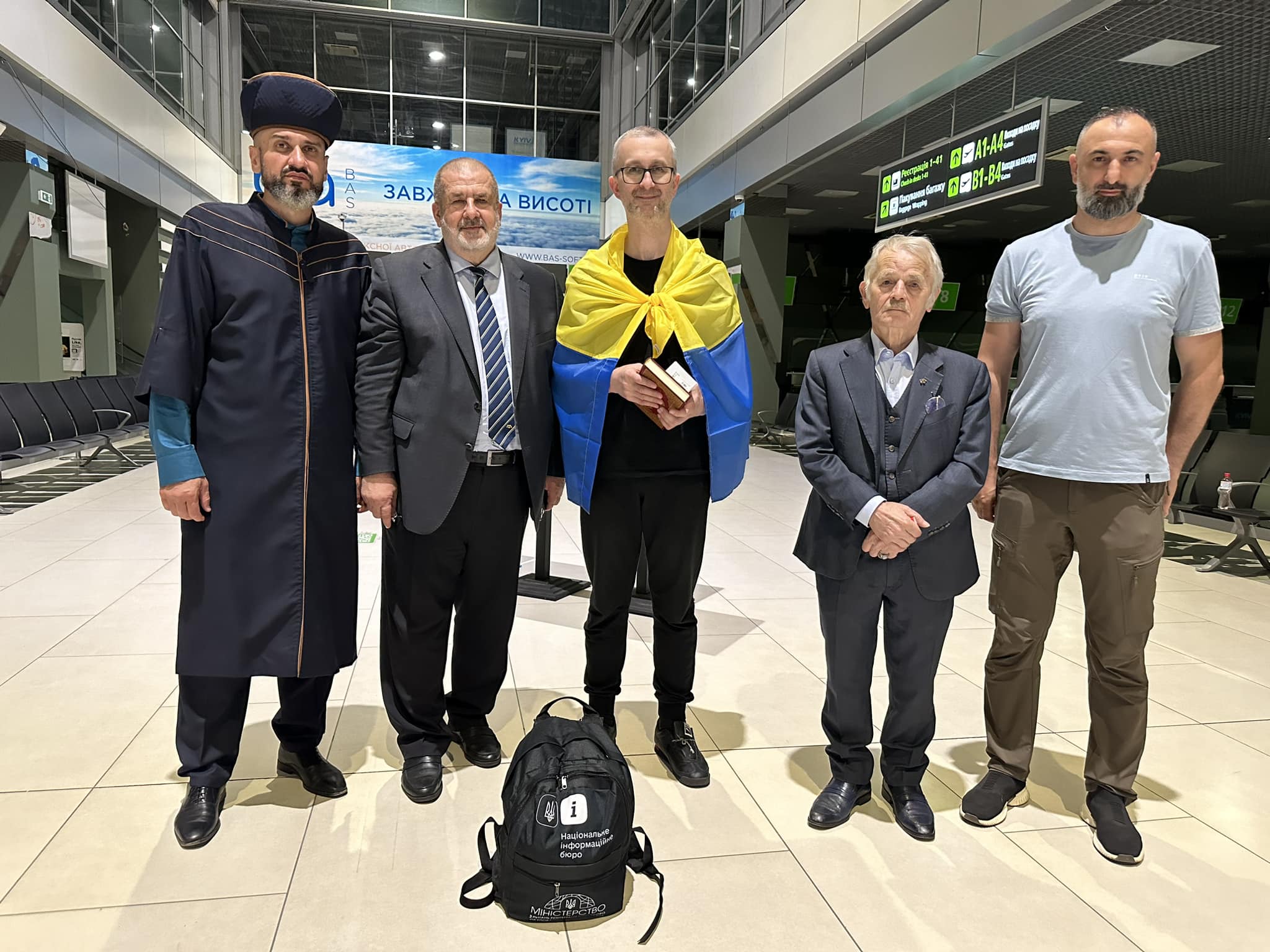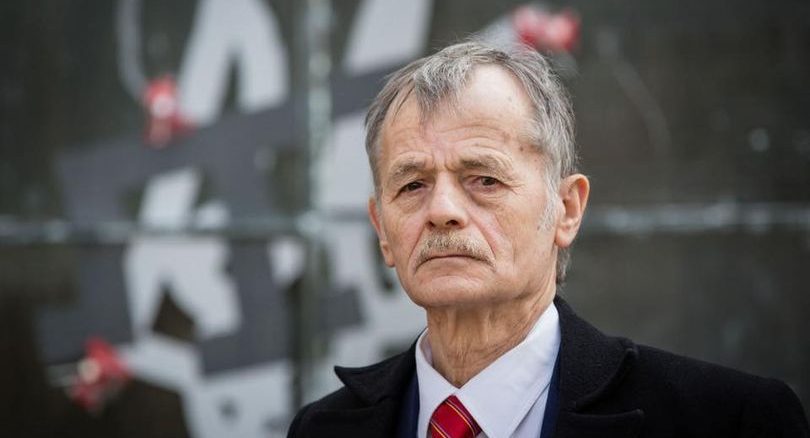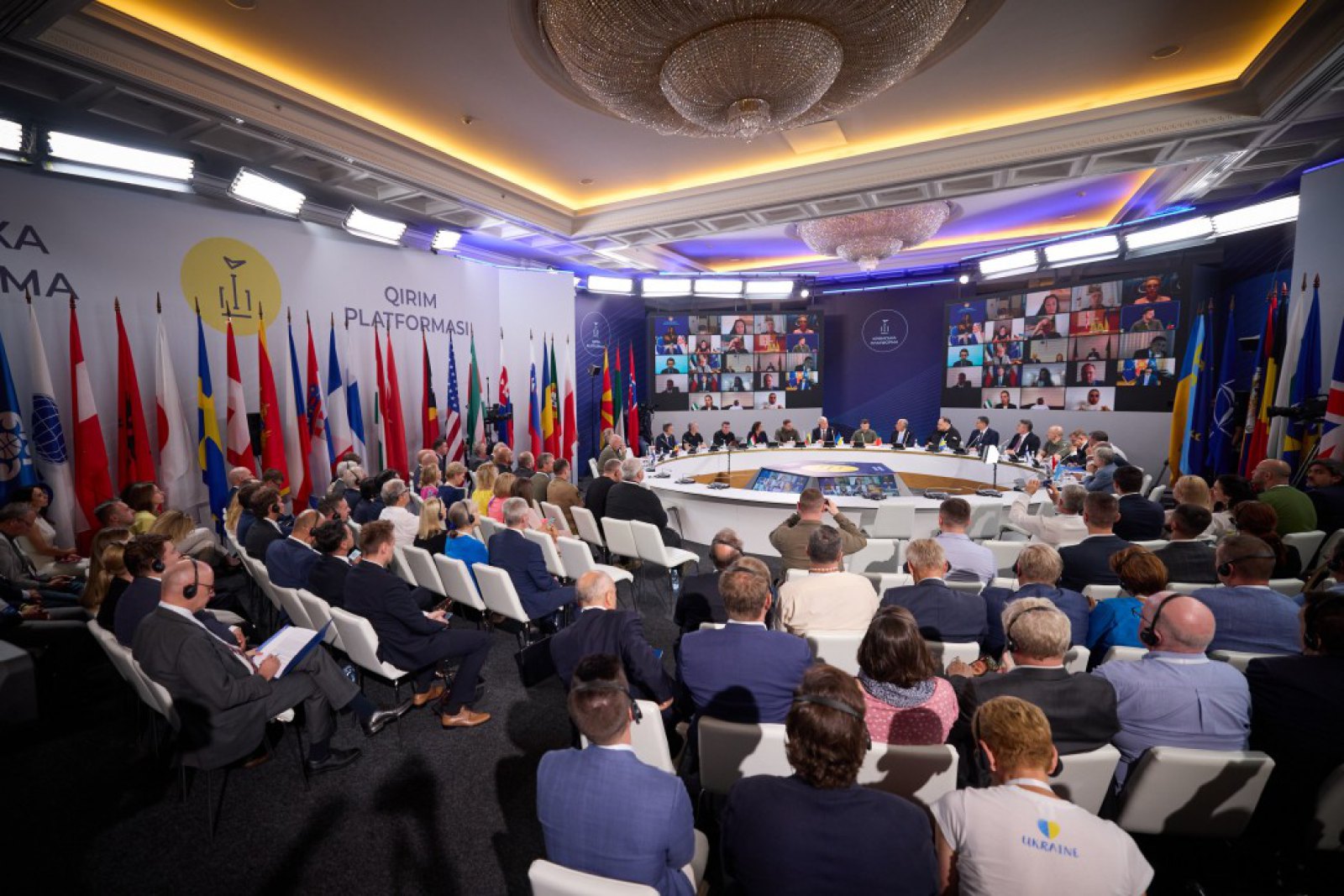The leader of Crimea’s Muslim minority, the Crimean Tatars, warned on Monday of possible bloodshed in Crimea and southern Ukraine
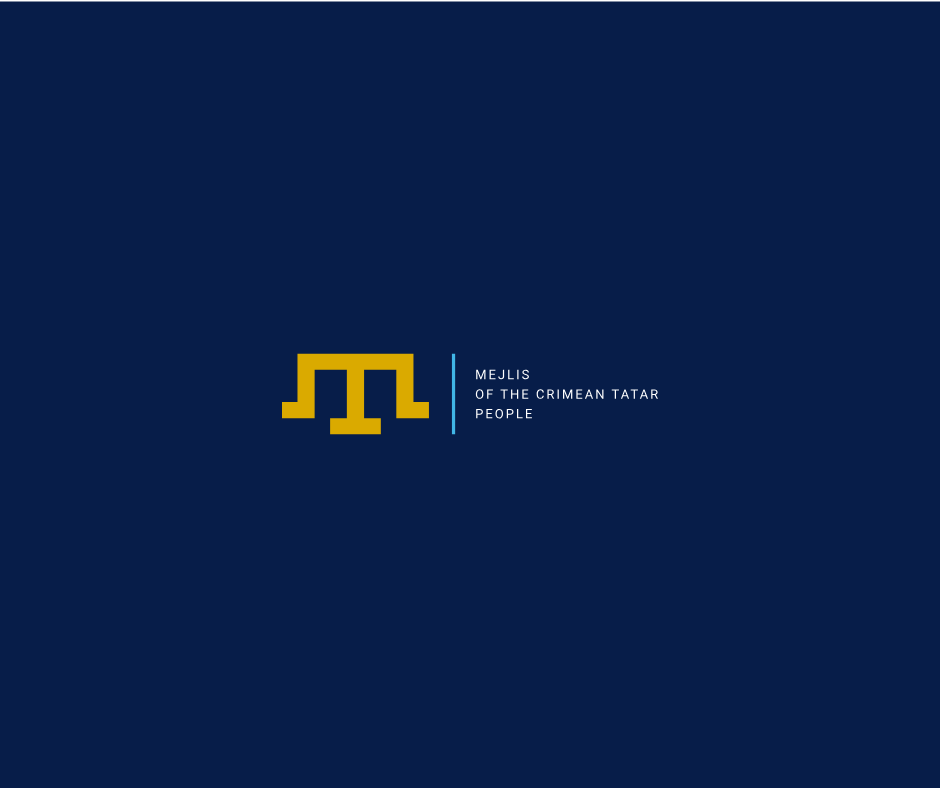
“Our largest, biggest concern is about the possibility of clashes, of large scale bloodshed in Crimea,” Mustafa Dzhemilev, who is a member of Ukraine’s parliament, told CNN’s Christiane Amanpour in an exclusive interview.
The Ukrainian military will fight, despite an imbalance in power, if the Russian military goes further into Ukraine, Dzhemilev said.
“No matter how weak we are in military in comparison to Russia…we’ll start fire.”
“We’ll open fire if [the Russian] Army will move further. And it’s hardly within Russia’s interests or President Putin’s interests, but we can’t exclude anything.”
“But all this will result in bloodshed.”
As far as Russia is concerned, the annexation of Crimea is a fait accompli.
Russian Prime Minister Dmitry Medvedev traveled to the territory on Monday, trying to win hearts and minds with pledges of higher salaries, better education and health care, and a special economic zone.
Dzhemilev spoke with Amanpour from New York, where he was set to take his plea for international order to the United Nations.
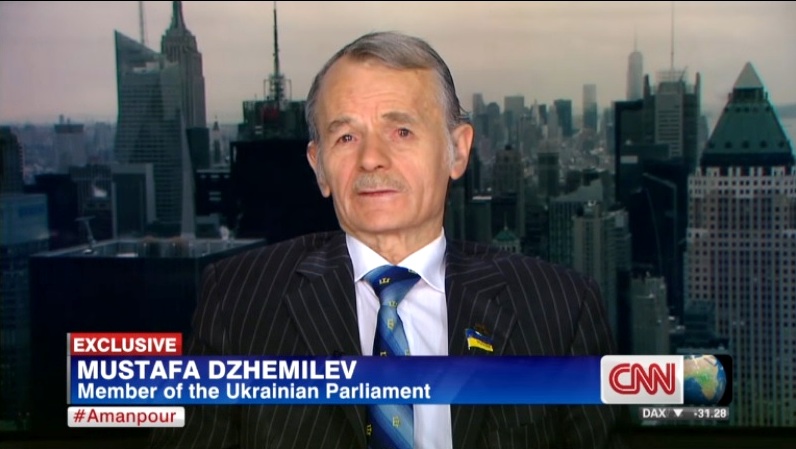
Giving Crimea up to Russia, he said, would be a violation of 1994’s Budapest Agreement in which Russia and Western powers guaranteed Ukraine’s territorial integrity.
“It would be a great tragedy for all Crimean people – not only for Crimean Tatars but also for ethnic Ukrainians and tens of thousands of ethnic Russians – who do not accept the Russian citizenship.”
Russia says over 95% of Crimeans voted in favor of joining Russia in a referendum held among the presence of Russian troops, but Dzhemilev said it was hardly a representative vote.
“The official authorities claim that officially 82% of Crimean population voted; but in fact we do have evidence that only 32.4% of Crimean people voted.”
He said it was based on data that was “quite accurate.”
Tatars, who he said represent 14% of the Crimean population, boycotted the vote; Dzhemilev said only 0.5% of Tatars voted.
Dzhemilev had a chance to plead his case in a conversation with the Russian president himself, Vladimir Putin, before Crimea held its referendum.
“We had half an hour talk.”
“I told Mister Putin that we do not accept this planned, forthcoming referendum, because it’s an absurd referendum under an occupational regime, and this regime contradicts some elementary, basic norms.”
The future of any particular Ukrainian territory cannot be decided locally, he said, without agreement of the rest of the country.
Western countries have attempted to punish Russia for its actions – and prevent further aggression – by levying travel bans and asset freezes on some Russian and Ukrainian officials.
Dzhemilev described those efforts as mere pin pricks, and said the sanctions should be “more effective.”
Would things be different, Amanpour asked, had Ukraine not given up the nuclear weapons left on its territory after the fall of the Soviet Union?
Absolutely, he said.
“Because it’s very dangerous to act [lawlessly] against nuclear powers.”
“Now there’s a talk in the parliament in order to apply all efforts for Ukraine to become, again, nuclear power, no matter how much is needed. I’m confident that if we were a nuclear power, that wouldn’t have happened.”
